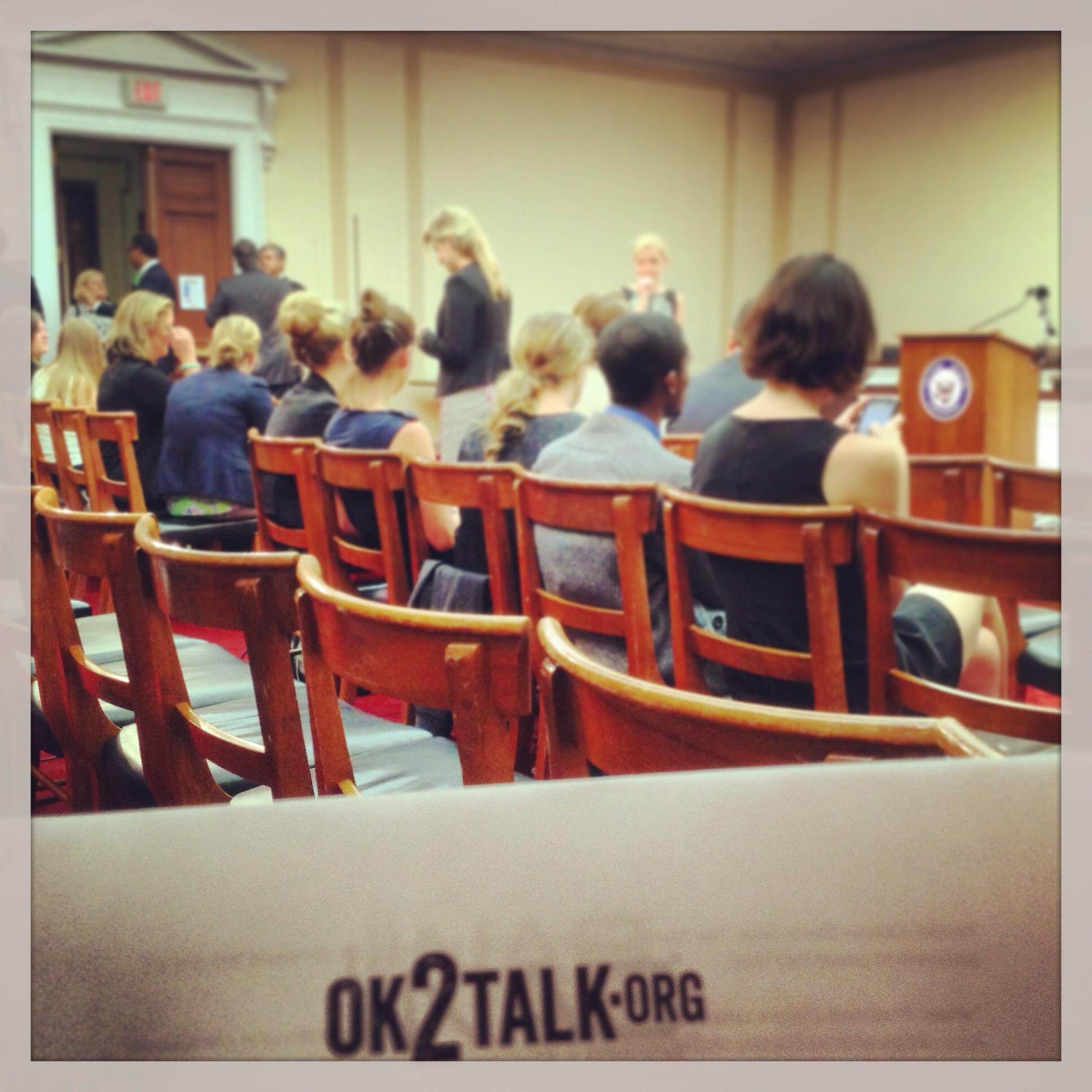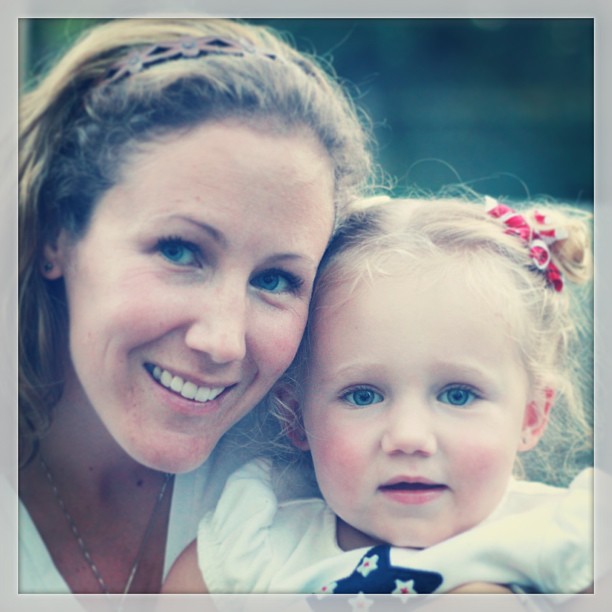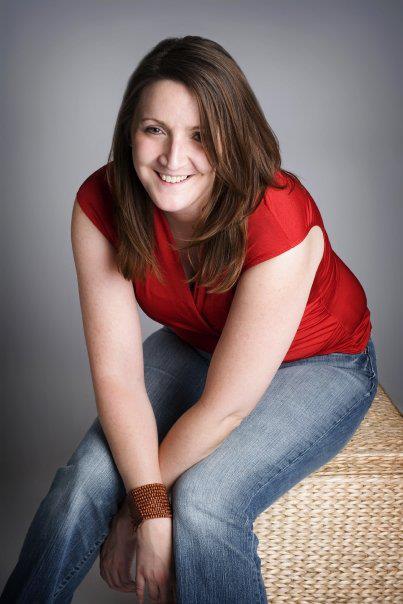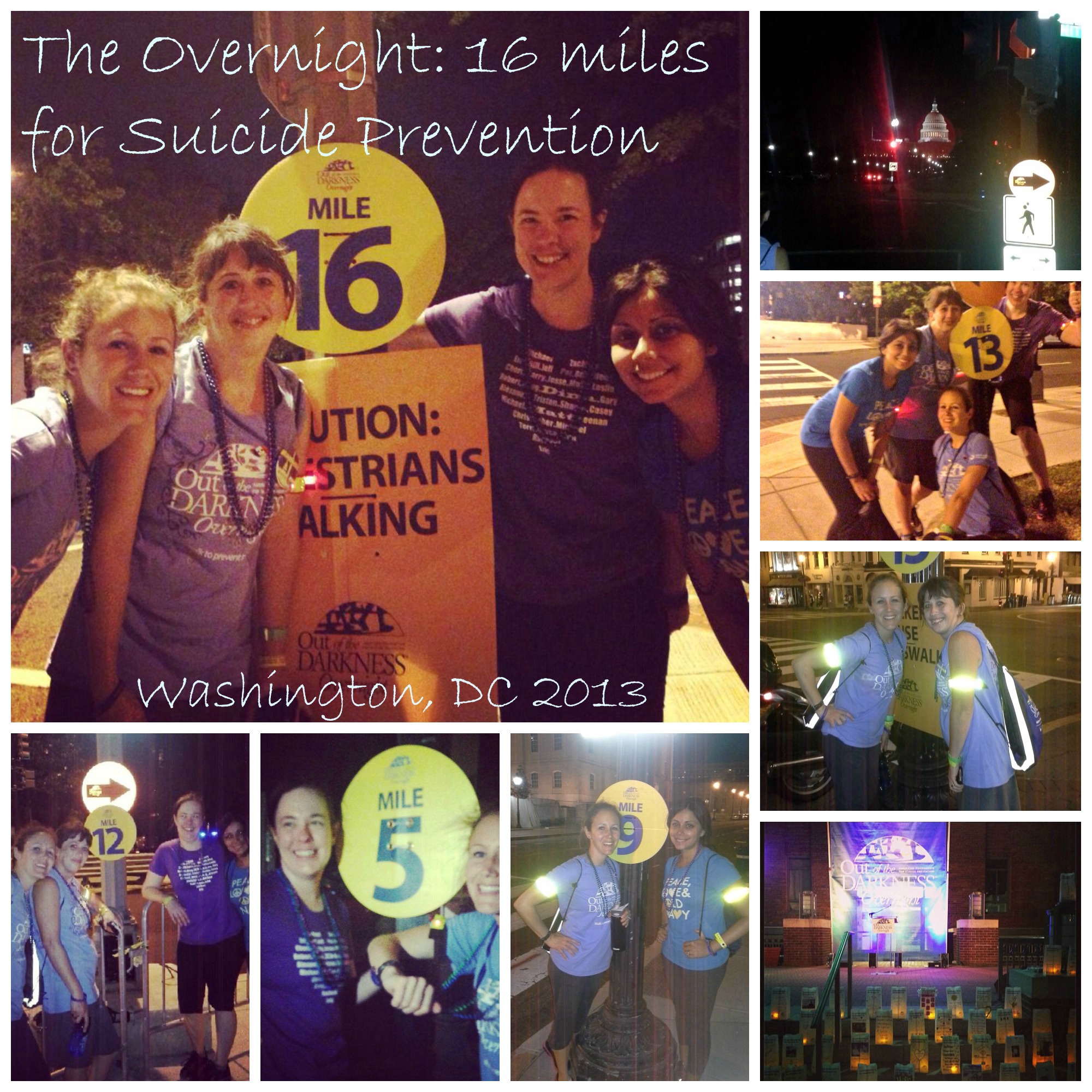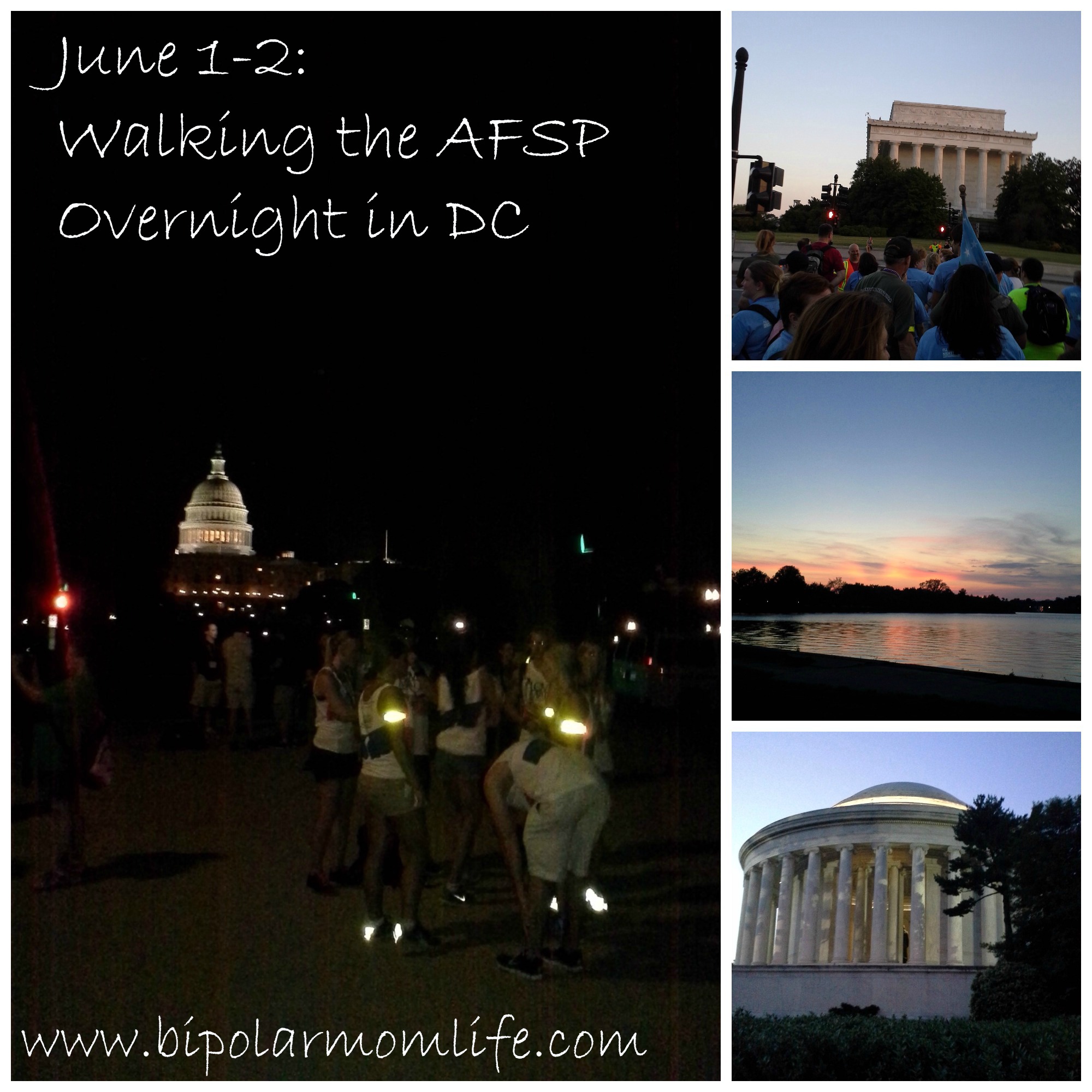When you think of the word crazy, what comes to mind?
Yesterday, my friend Natalie and I were walking down the streets of DC, on our way to see Mary Leaphart’s show about her life with bipolar disorder. As we made our way to the ticket venue, we passed two men on the street, one shouting violently at the other, yelling something about needing to move. It was obvious they called the city sidewalk home, as we could see their belongings piled up next to the man who was sitting on a wool blanket, and there was a good chance one, or both, suffered from a mental illness. I know because I’ve read the statistics.
It broke my heart.
Later, while walking into a restaurant, we were approached by another homeless man, this time asking for money. He was wearing an old, stained jacket, despite the intense, muggy July heat. A woman, dirty and weary, sat on the street corner begging with her eyes, tattered luggage in a heap beside her.
The despair was written on her face, her slumped shoulders spoke her story. Her melancholy eyes will haunt me forever, my soul crying tears of compassion.
This is the harsh reality of mental illness and homelessness in our country.
It’s unfortunate that a well-known US brand chose to market themselves by exploiting these serious issues, turning them into a parody, the leading character who they claim as their Chief Generosity Officer, “a brilliant activist” {their words, not mine} who just happened to be plucked off the streets where he was shouting at people walking by. He’s dressed in ill-fitting clothes and looks as if his hair and beard, both overgrown, haven’t been washed in weeks.
Please, enlighten yourself if you haven’t seen the spot yet: http://youtu.be/AUf53_2hGkM
These brushes with homelessness yesterday were ironic, given the conversation I had just hours earlier with Barbara Goodstein, Vonage’s Chief Marketing Officer, regarding their new “Crazy Generous”-themed ad campaign.
You see, the 30-second spot left such a bad taste in my mouth that I sent an email to Vonage on Monday to voice my disappointment and frustration with the commercial.
I wrote them to express how hurt I was by the campaign, given the fact that I live with a mental illness and I know how scary that can be. I cannot imagine having to sort through the voices in your head without any psychiatric care, while sleeping in a cardboard box, no support from family or friends.
I’ve been blessed with an incredible support network, without which, I could easily have ended up on the streets. When I became sick for the first time, I had to resign from my job. It’s painful to think about what could have happened had I not had my husband, family and friends there to help me navigate my way back to healthy. Not to mention the health insurance I had which helped to cover the cost of getting well.
Homeless people with mental illnesses don’t have such luxuries.
Whenever I walk down the streets of a city, I inevitably pass a homeless person and each and every time have the same gut reaction: uneasy pangs of guilt.
Why am I the lucky one with a roof over her head and food in the refrigerator?
The advocate in me always wants to do something, anything, to help. To help that person get out of the situation they’re in, and into a better one.
The letter was something I thought I could do to help. Or at least I could voice my opinion and make sure I was heard. Besides, I wasn’t the only person who was offended:
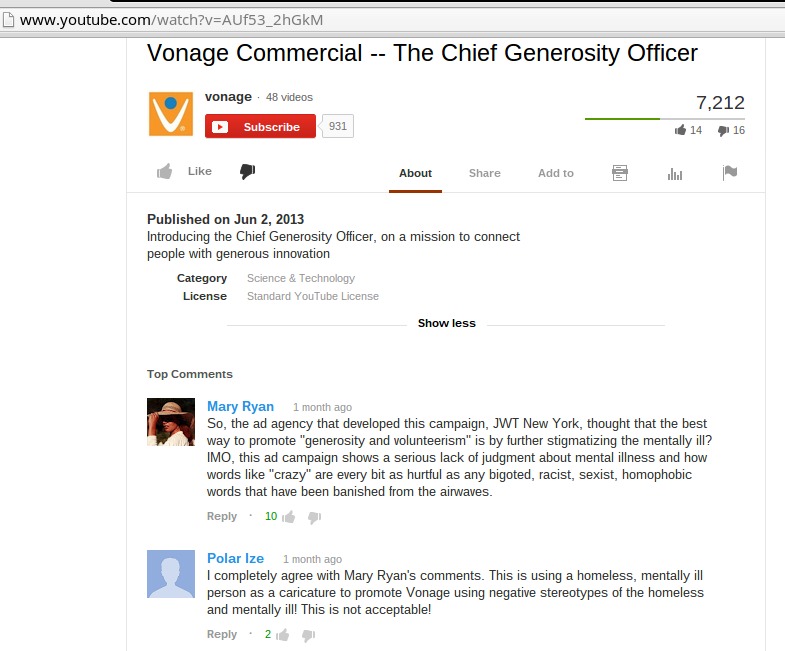
{click to enlarge}
To my surprise, Vonage did respond. I had the opportunity to speak with Barbara Goodstein, yesterday afternoon and I took her up on the chance to discuss the campaign in more detail.
What she told me did not change my opinion and reaction to the campaign. She simply and politely reiterated everything she had explained in her response to my original email. To me, Vonage appears to be backpedaling to justify their creative concept which was intended to show how generous their company is with their communications services.
Their message was lost on me because I couldn’t get past the fact they were using a homeless person who may or may not be battling a mental illness as a lighthearted attempt to deliver their company tag line.
I told Barbara my story of how stigma affected how I shared my story. How I blogged anonymously for the first year and a half because I was afraid of people calling me “crazy” for having suffered a manic break. Four, actually. And how I finally decided to do my part to end the stigma by coming out as myself. Showing my face and using my real name because I’m not ashamed any more.
cra·zy {as defined by Dictionary.com}
[krey-zee] Show IPA adjective, cra·zi·er, cra·zi·est, noun, plural cra·zies.
adjective
1. mentally deranged; demented; insane.
By using the word crazy in their campaign, Vonage has pointedly decided to ignore the fact that the first definition of crazy is exactly what came across via their Chief Generosity Officer character, whether they choose to admit it or not.
Vonage can try as they may to make it look all funny and cute and they can wrap it up with a happy ending, but that isn’t the reality of living on the streets. This ridiculous ad pokes fun at the serious, chronic issue of homelessness and the struggles homeless people have with mental health in this country. By producing this “Chief Generosity Officer” character, they are only adding to the stigma that surrounds mental illness in the U.S.
You want to know what the truth is?
The truth is that there are over 675,000 homeless people in the United States and approximately 45% of those people report mental health problems. About 25% of the homeless population suffers from a serious mental illness.*
And even if you take the mental health component completely out of the picture, Vonage still created a character out of one of the darkest corners of the society we live in. There is nothing generous about downplaying the issue of homelessness.
The sad truth is that most Americans ignore homeless people on the streets, turning their heads to the sight of someone sleeping on a park bench or in a dark corner. The homeless population is invisible to us, not because we don’t care, but because it’s painful to acknowledge it could be us had our life situations played out differently.
What can Vonage and J. Walter Thompson do to apologize for the insensitivity of the campaign?
For a start, they could stop running the ads immediately, cancel the campaign and apologize.
But I’m realistic. I understand they have millions invested here and I’m only one person voicing her opinion. I’m only asking them to have a little compassion.
So here’s a thought. If they really want to be crazy generous, I’d love to see Vonage make a donation to a charitable organization dedicated to changing the way people think about homelessness, such as the National Alliance to End Homelessness (www.naeh.org) so they can further their efforts at ending this social problem across our country.
Vonage should admit their lack of foresight by publicly apologizing for trivializing issues as serious as homelessness and mental illness. Individuals who live on the streets are real people with real feelings, emotions, and stories. They didn’t ask to sleep in a flimsy cardboard box or on a rock hard park bench. They ended up homeless for a variety of reasons, but whatever their reason for ending up on the streets, it doesn’t make them any less human than anyone else.
Vonage has an opportunity to turn a wrong into a right. It would be crazy if they were to turn their heads instead.
*Facts on homelessness were taken from the National Alliance to End Homelessness (www.endhomelessness.org).
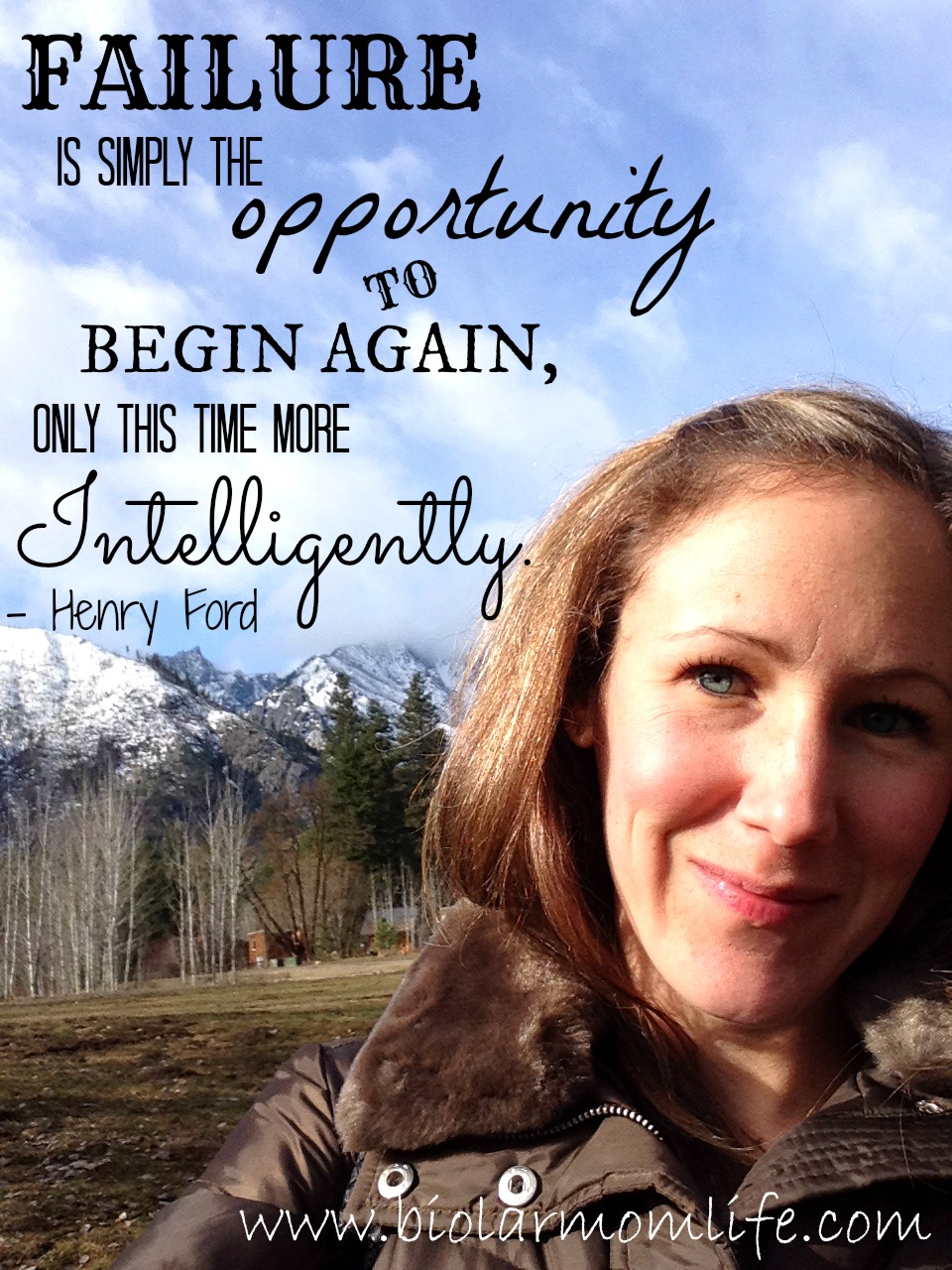 The show will go on in DC this coming May, 2014. I'm simply taking some time to figure out where to go from here, as my partnership unfortunately did not work out due to our vastly different work styles.
I have an incredible team surrounding me here in Virginia and I know that with all the hard work and passion that is going into this project, it most certainly will be a success. I may have failed at a partnership, but I will not fail at executing my vision for this show.
The show will go on in DC this coming May, 2014. I'm simply taking some time to figure out where to go from here, as my partnership unfortunately did not work out due to our vastly different work styles.
I have an incredible team surrounding me here in Virginia and I know that with all the hard work and passion that is going into this project, it most certainly will be a success. I may have failed at a partnership, but I will not fail at executing my vision for this show.

